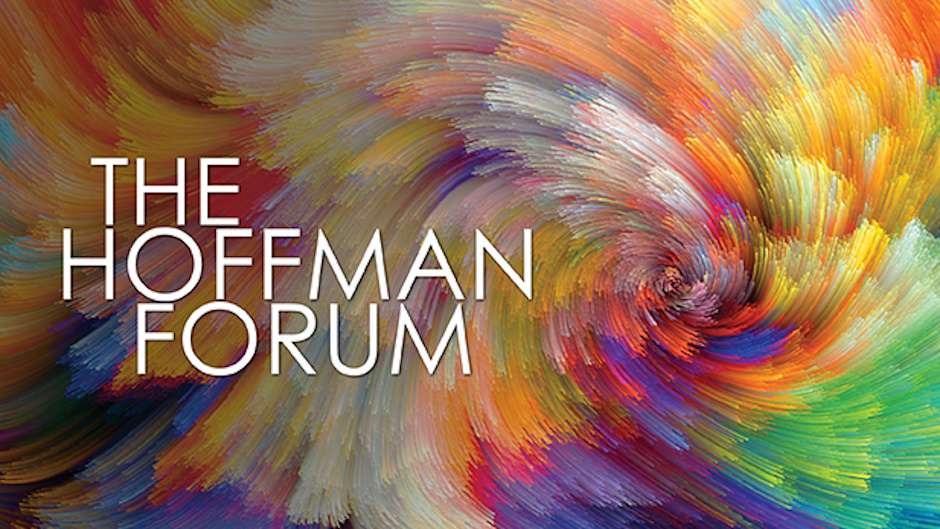The The Hoffman Forum’s Civil Conversation Series at the University of Miami School of Law, "Diversity, Equity, & Inclusion – Art Museums & Universities: Similar Goals – Divergent Paths?," addressed the challenges that art museums and institutions of higher education confront in achieving goals of greater diversity, equity, and broader inclusion in their governance, and activities, and in the roles these organizations play in their communities.
"That art museums and universities are creating new, high-level positions charged with increasing diversity, equity, and inclusion represents an important shift in their priorities,” said Stephen Urice, professor of law, dean’s distinguished scholar, and director of the Arts Law Track within the Entertainment, Arts and Sports Law LL.M. Program. "How they achieve a shared goal of increased social justice within their own walls, and in the communities they serve, is an important and open question.”
Jill Deupi, director and chief curator, Lowe Art Museum, University of Miami, introduced the conversation that included:
- Daniel Weiss, president and chief executive officer, Metropolitan Museum of Art, New York City
- Mikka Gee Conway, chief diversity, inclusion, and belonging officer and EEO director at the National Gallery of Art in Washington, D.C.
- Osamudia James, then professor of law and Dean's Distinguished Scholar, associate dean of diversity, equity, and UM community, and associate provost for diversity, equity, and inclusion
Art museums and higher education institutions differ in their governance, traditions, programs and activities, and in many other ways. However, they share a similar purpose of educating the public. The discussion addressed how these organizations can address and make progress in their efforts to achieve a greater degree of social justice in their institutions, the communities they serve, and society at large.
As a prominent educational leader, Weiss, former president of Lafayette and Haverford Colleges, was among the first museum officials to speak out on several vital issues affecting museums, including the Trump administration’s decision to withdraw the United States from UNESCO, and philanthropy from the Sackler family opioid fortune.
Recent efforts to include formerly muted or excluded voices, stakeholders, and the public in all aspects of museums and universities is exampled by Conway's and James’s newly created positions. Conway serves as the National Gallery of Arts’ inaugural Chief Officer for Diversity, Inclusion, and Belonging. Previously, Conway served as associate general counsel at the J. Paul Getty Trust. James served as Miami Law's first associate dean for diversity, equity, and community and the University of Miami’s first associate provost for diversity, equity, and inclusion. James is a nationally recognized legal scholar and regularly contributes opinion pieces on racial and social justice to The New York Times and other media sources.
A generous gift from law school alumni Larry J. Hoffman, J.D., ‘54 and Deborah Hoffman, J.D., ‘83, supports the Hoffman Forum, which is committed to the civil exchange of ideas for the benefit of our university, our community, and the wider world. The Forum’s Civil Conversation Series supports the Hoffman’s goal of expanding opportunities for collaborative and interdisciplinary programs related to issues at the intersection of law, public policy, the arts, and social justice. The forum operates as a component of Miami Law's LL.M. Program in Entertainment, Arts and Sports Law.
More on Entertainment, Arts and Sports Law at Miami Law

